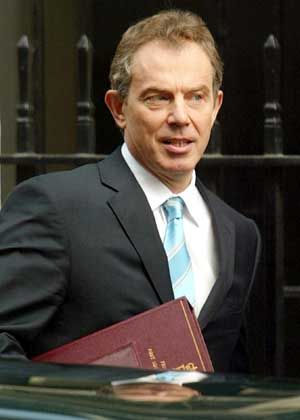The Enduring Legacy of Tony Blair in British Politics

Introduction
Tony Blair, the former Prime Minister of the United Kingdom from 1997 to 2007, remains a pivotal figure in British politics. His leadership marked a significant shift in the Labour Party, steering it towards the centre and introducing key reforms that are still debated today. As the UK navigates complex political landscapes, understanding Blair’s legacy becomes increasingly important.
Key Achievements and Controversies
Under Blair’s premiership, the UK saw considerable economic growth, reductions in poverty levels, and significant increases in public spending on education and health. The introduction of the minimum wage, significant investments in public services, and reforms in higher education can be traced back to his government’s policies. However, Blair’s legacy is not without controversy. His decision to support the United States in the invasion of Iraq in 2003 has overshadowed many of his achievements, leading to widespread criticism and debates about the ethical implications of his foreign policy.
Current Relevance
As of 2023, Blair continues to influence discussions about the future of the Labour Party and the broader political discourse in the UK. Recently, he has voiced concerns about the party’s direction under its current leadership and the need for a more centrist approach to appeal to a wider electorate. Furthermore, with the challenges posed by Brexit and political polarisation, Blair’s insights into governance and political strategy have gained renewed attention among political commentators and analysts.
Conclusion
Tony Blair’s time as Prime Minister profoundly impacted British society and politics, with achievements that are significant yet contentious. His ongoing involvement in various issues through public speaking and consultancy underscores the relevance of his political experience today. As the UK faces new challenges, the lessons from Blair’s era may provide valuable insights for current and future leaders. Blair’s legacy, marked by economic transformation and contentious decisions, invites us to reflect on the complexities of leadership in a democratic society.









